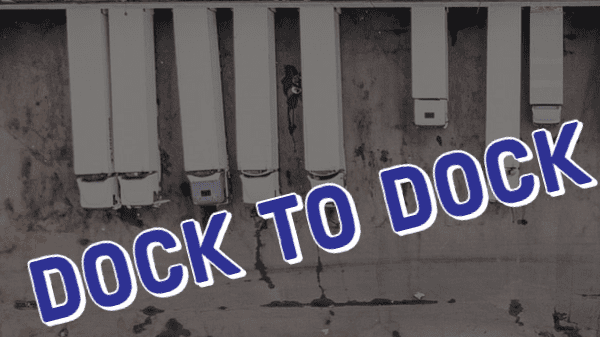The Problem
Calculating damages when a cover purchase is made.
The Key Point
The injured party should be prepared to show the reasonableness of the cost, commodity, and pack purchased as a replacement.
The Solution
Apply a damages formula that places the injured party in the same position it would have been in, had there been no breach.


Q. We are a carrier based in California. We recently had some temperature problems with a produce load that arrived at its destination with extensive freeze damage.
We understand that we’re on the hook for damages. But the receiver here purchased replacement product and is trying to claim us based on its purchase price. Is this customary? Can you explain cover purchases?
A. As you know, following a breach of contract, the injured party is entitled to be made whole. In other words, the injured party may recover monetary damages equal to the amount that places it in the same position it would have been in had there been no carrier breach.
As detailed in our Transportation Guidelines: “Upon discovering that produce has been damaged (or delayed) in transit, in breach of the contract of carriage, the injured party may elect to purchase replacement product, often called a cover purchase.”
The amount of the injured party’s ‘base damages’ following a cover purchase generally equals the difference between the replacement cost of the commodity, which must be reasonable (i.e., in line with prevailing market prices, timely, and involve the same commodity and pack), and the salvage returns realized from the sale of the defective product.
Additionally, inspection and dumping fees, and any additional inbound cartage expense, may be added to arrive at total damages. This figure must then be applied against the original freight bill to arrive at the amount due.
Because the cover purchase must involve the same commodity as that which was damaged or lost, and because this purchase must be reasonable (in line with the market), a cover purchase does not tend to significantly increase the amount of a standard damages claim based on destination market value.
Note: As between produce vendors, be aware that PACA precedent discourages cover purchases when defective yet saleable product has been received—but this precedent would not apply to a carrier claim.



